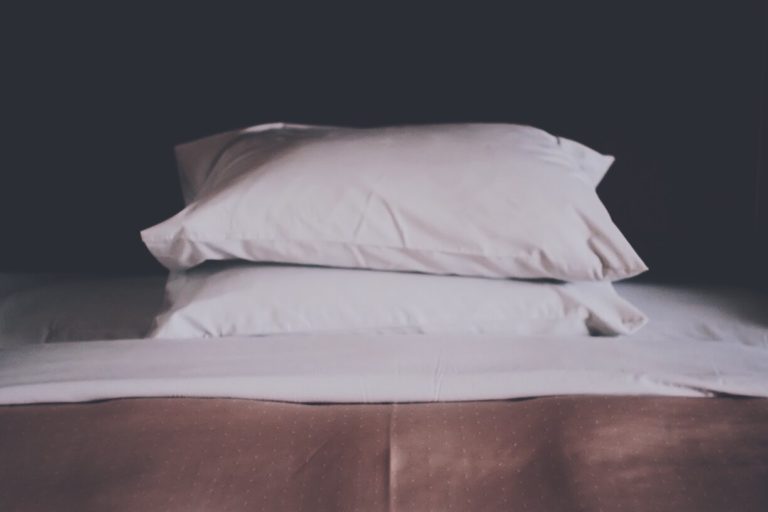Doing THIS Changes Your Brain (not in a good way)
Many people just need their alone time. For introverts, it’s a great way to “recharge the social battery”. Staying alone for a long time, however, may have harsh consequences. A study was conducted on the Neumayer III station in Antarctica for 14 months. Alexander Stahn, an assistant professor of psychiatry with the University of Pennsylvania’s Perelman School of Medicine, concluded that prolonged isolation leads to brain damage of up to 7% of the hippocampus. The hippocampus is the part of the brain dealing mainly with memory and space. This may not seem significant, but according to the professor, it is quite a shocking percentage.
Nine explorers elected to take on the perilous study, five men and four women, and were situated in relatively isolated spots on the German compound. At the start of the study, they underwent MRI scans to determine the states of their hippocampus before entering the study. During the study, the participants completed brain function tests and provided blood samples to measure what is called brain-derived neurotrophic factor (BDNF). This is a protein responsible for nerve cell and synapse growth in the brain.
After the study, participants took final blood tests, MRI scans, and brain function evaluations. The results were in, and they weren’t good. The BDNF numbers took a shocking 45% drop since the beginning of the study. All of the participants had a shrunken hippocampus and a reduction in their prefrontal cortex. These results were concerning, seeing as the prefrontal cortex deals with an ordinary person’s ability to reason for simple tasks.
While these results may be shocking, they are nonetheless important to pay attention to when people are put in isolated environments such as the Antarctic or space travel where there is little to no stimulation. The results are important for taking precautionary steps in the future of research.
NEXT: What hearing loss and tinnitus do to your brain









